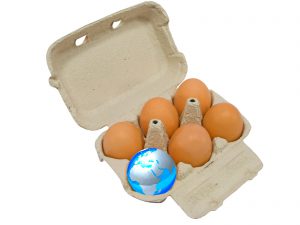 We talk a lot about quality in the translation community.
We talk a lot about quality in the translation community.
Or rather, we debate a lot about quality, especially as it relates to grammar and style. What is considered to be ‘correct’ grammar or usage by one person may be viewed differently by someone else.
The Guardian recently published an article listing “the 35 words you’re (probably) getting wrong”.
https://www.theguardian.com/science/2017/jun/05/the-35-words-youre-probably-getting-wrong
Some of these 35 are based on etymology as opposed to current usage, such as alternatives (there can only be 2 alternatives; if there are more than 2, it would be ‘choices’). When carrying out translation QA we would be more likely to consider this as stylistic preference, instead of labelling it as incorrect. Also featured in the list are words which are commonly misused, such as inflammable. It is synonymous with flammable, which could lead to some dangerous translations if someone thought it meant not flammable!
Language obviously evolves and what was once considered to be incorrect usage may now be perfectly acceptable, however there are still some common errors which cannot yet be considered as acceptable…yet! Our pet peeves are below:
Less/Fewer
If you can count something, use ‘fewer’. If it’s a quantity that you can’t count, use ‘less’.
There are fewer eggs in this omelette.There is less cheese in this omelette.
Is/Are
The use of is or ‘s instead of are is increasingly common, especially spoken English.
is -> when there is one thing
are -> when there is more than one thing
No: There’s eggs in this omeletteYes: There are eggs in this omelette
10 points to the next person who hears someone say ‘There’s less eggs in this omelette!’
14 July 2017 10:40
